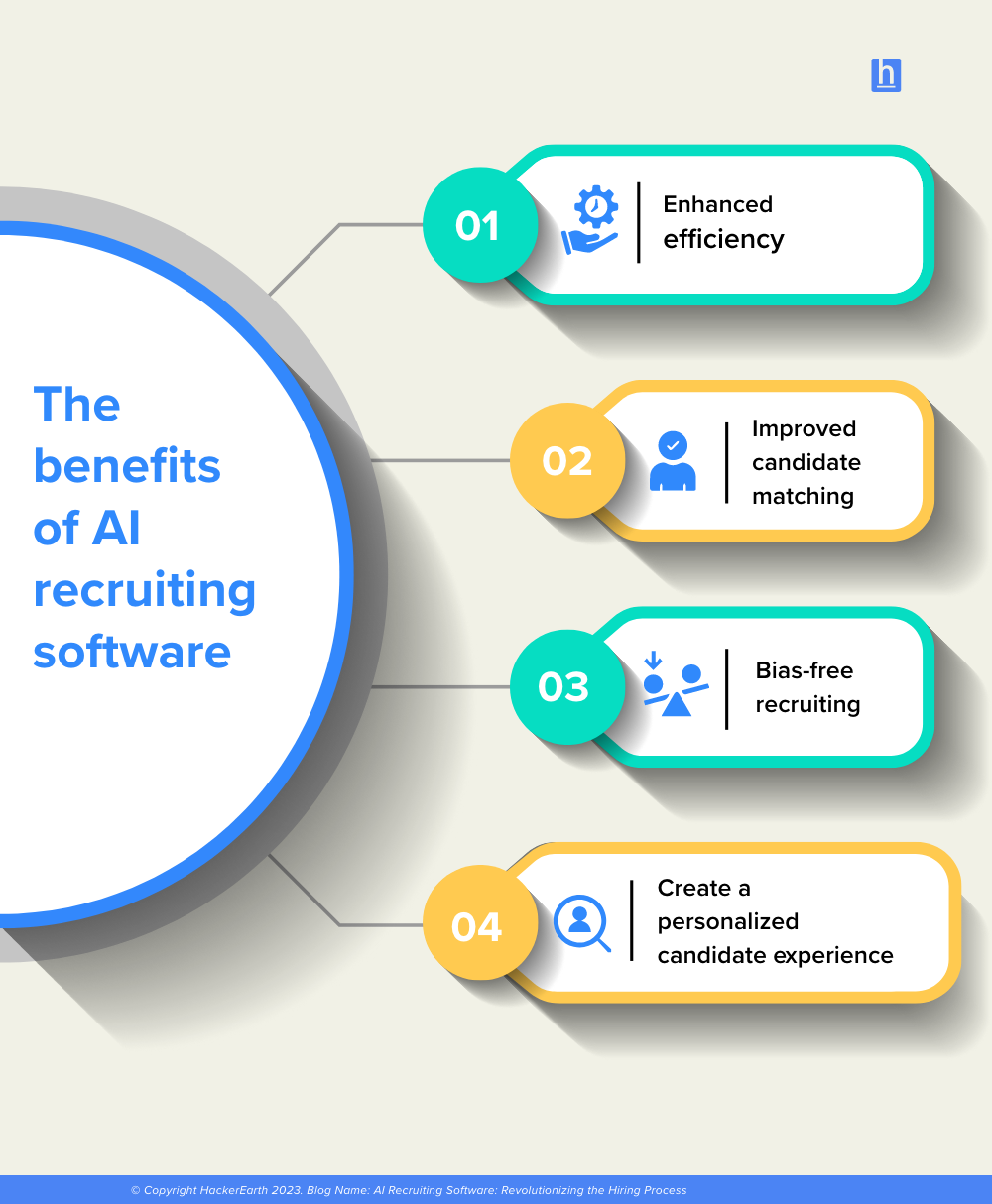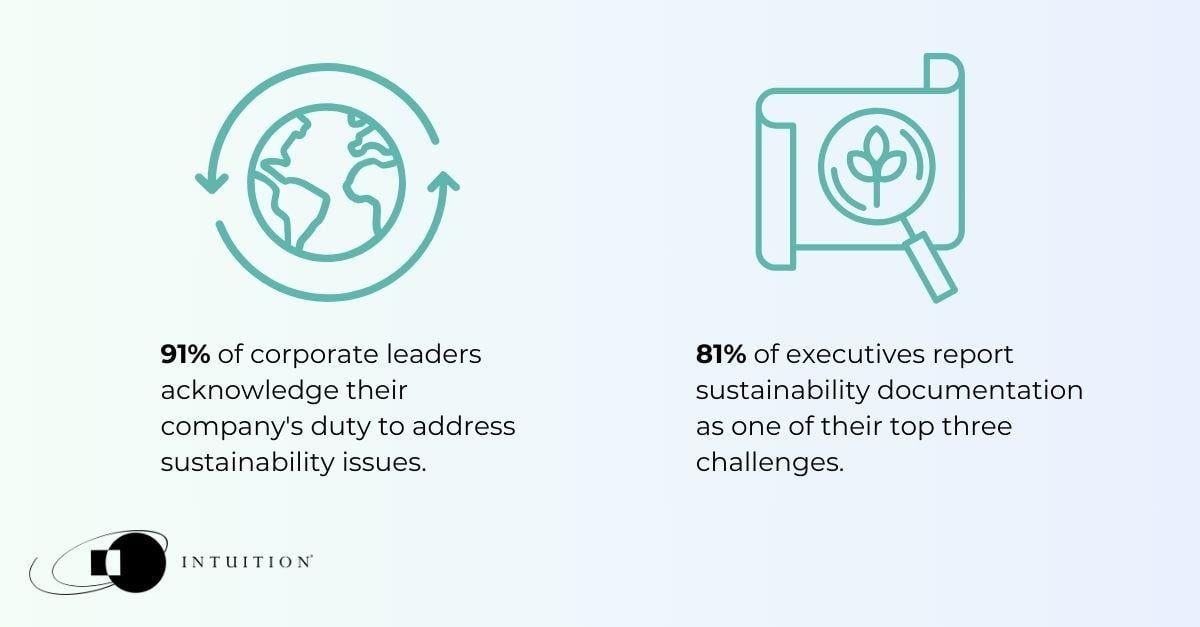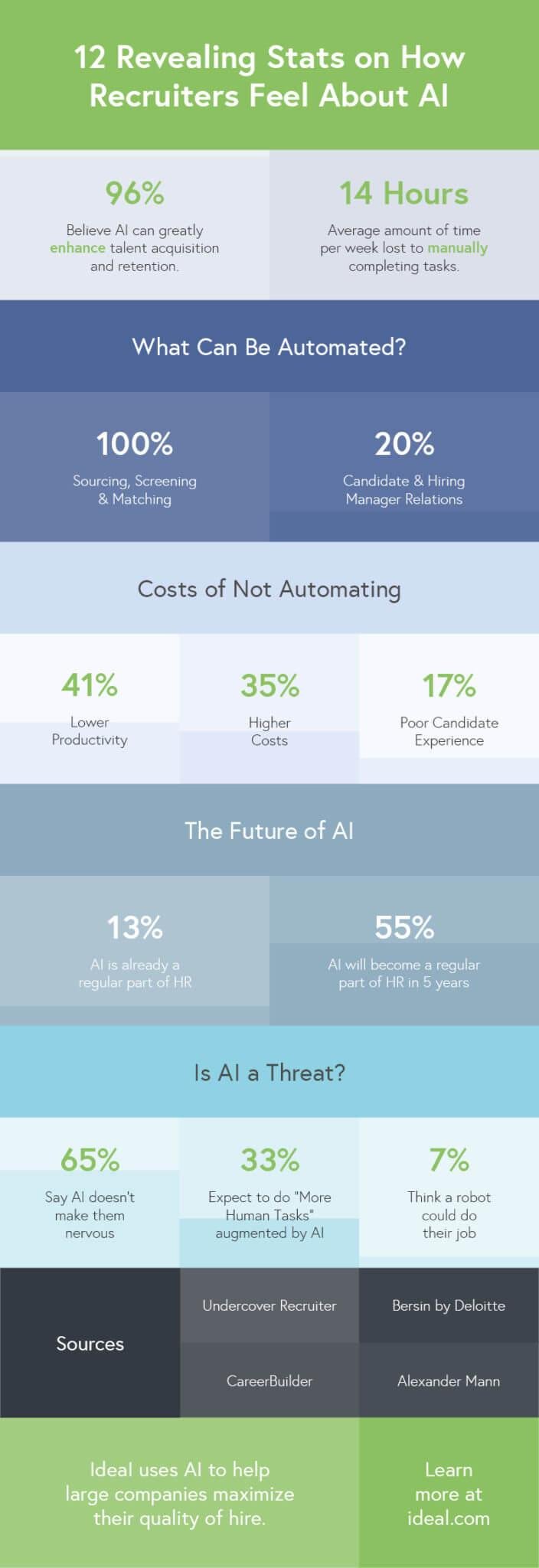Recruiters often refer to individuals who transition between employers within the span of one to two years as "job hoppers." This term is used to describe those who demonstrate a tendency to seek new opportunities relatively early in their tenures.
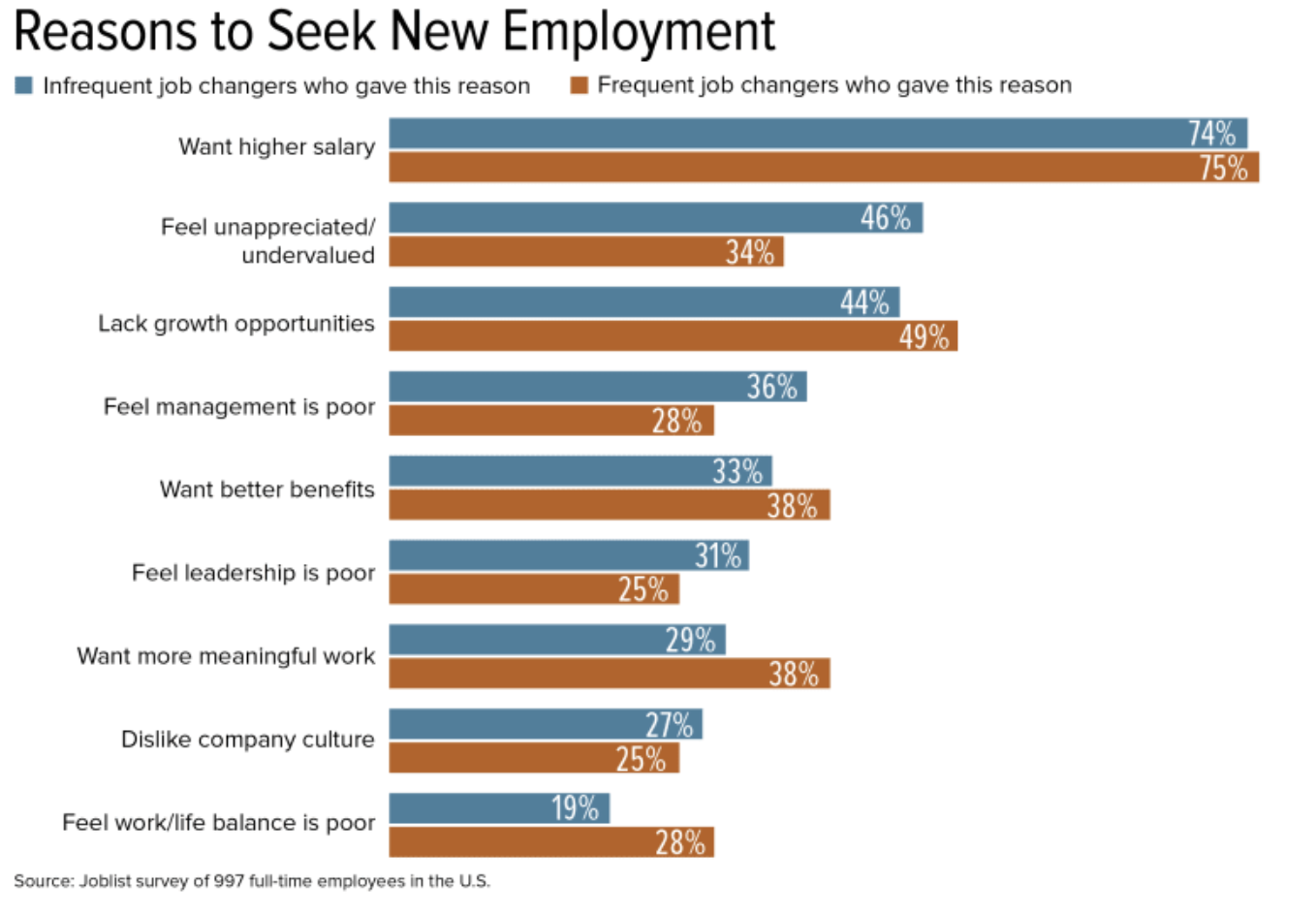
Job Hoppers Seek Better Rewards, Recognition and Career Growth. Source: SHRM.
In the past, job-hoppers were often perceived negatively by hiring managers and recruiters due to concerns that frequent job changes might indicate unreliability and probability to jump ship shortly after joining a company. However, the professional landscape has greatly transformed due to global events like the pandemic, increasing inflation, and tech layoffs. These factors have led to a shift in perspective, offering hiring parties a greater sense of understanding and flexibility.
It is important for job seekers and hiring managers to understand the job-hopping trend, as it shows how people's careers and loyalty to companies are changing.
In this blog post, we will discuss the benefits and disadvantages of job hopping and provide expert opinions from our recruiters.
The Pros and Cons of Job Hopping
Job-hopping is not a one-sided matter, especially considering the changing professional landscape and employees that increasingly value flexibility, diversified skill sets and the ethical principles of their employers.
Benefits of job-hopping
Expansion of professional skillset
If a person has a clear career path, frequent changing of jobs can improve their skills. Even within similar roles, responsibilities, tools used, or skillset tends to vary. For example, Marketing professionals are responsible for a myriad of different tasks, from development of marketing campaigns, copywriting, through data analysis, managing budgets and social media calendars to organising events and product exhibitions. In certain companies, an employee might have to overlook only a few of these aspects, whereas in another company, they could be accountable for all the above. Changing employers, even if for a similar role provides them with an opportunity to expand their skills and gain more expertise within the field.
Higher compensation
According to a survey conducted by SHRM, salary increase is the number one motivation for changing jobs. Job-hopping can result in higher, as well as more frequent salary rises. Frequently changing jobs can prove to be quite financially rewarding, particularly when contrasted with individuals who remain with a single company over an extended period. If you want to find out the standard salary for digital roles in Ireland, make sure to check out our annual Salary Survey.
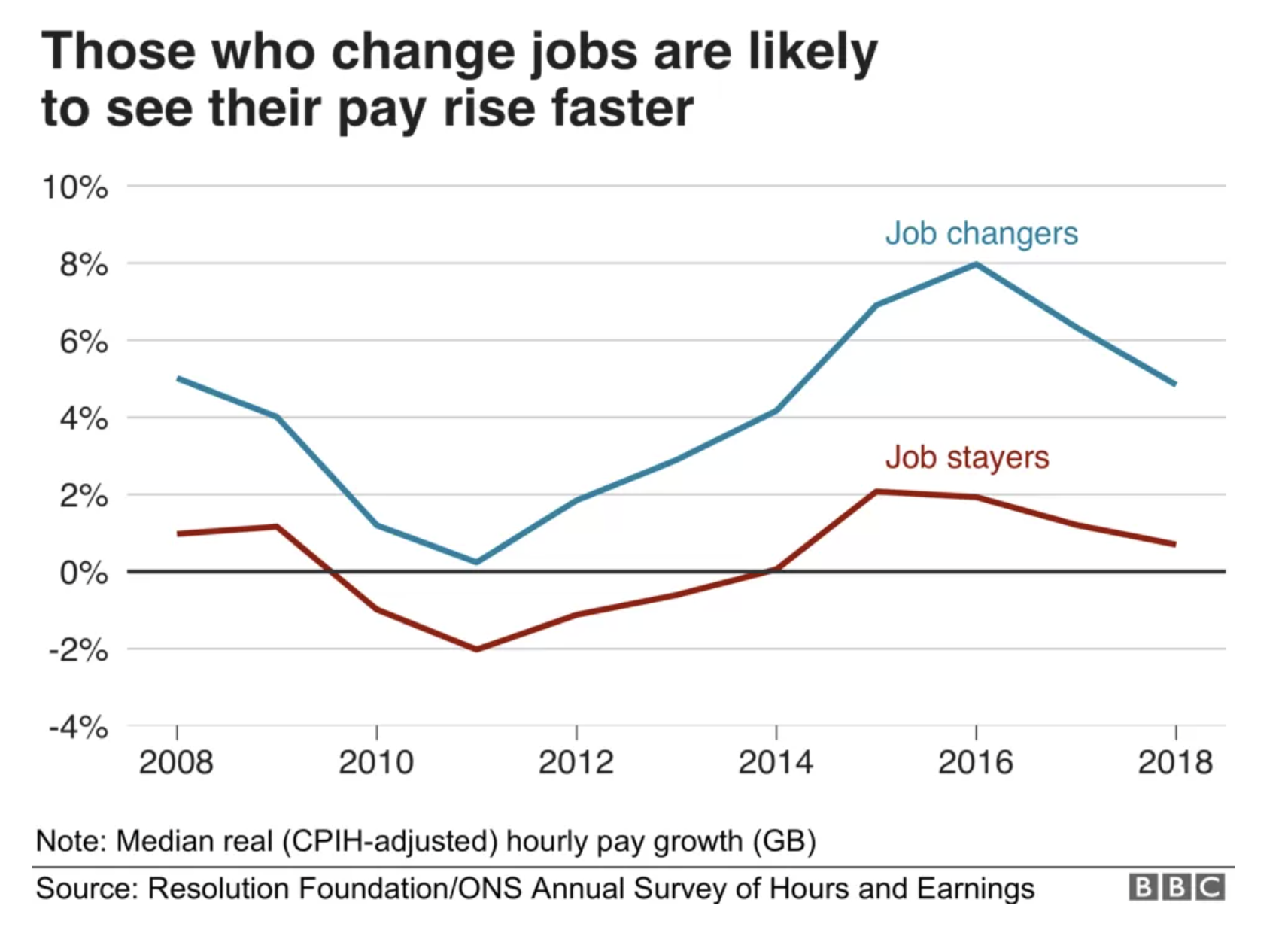
Six things that affect your chance of a pay rise. Source: BBC.
Faster career progression
Getting promoted within a company can take time, especially if there are no higher positions available until the person holding the position you are striving for moves on from it. Hoppin onto a new job in a new company can bypass these issues, as you can choose from available positions rather than waiting for a chance to move up.
Drawbacks of job-hopping
Reduced flexibility and independence
Frequent job changes can keep individuals in a continuous learning curve, leaving them with little time to establish themselves and take on more independent, challenging tasks. This can impact their ability to lead projects and make autonomous decisions.
Difficulties obtaining leadership opportunities
Before getting leadership roles, it is important to establish a solid base and consistently do well within a role. Changing jobs frequently might slow down or restrict chances to move into leadership positions because employers tend to favour candidates who have a history of progressing in their positions and achieving success.
Lack of trust from hiring managers and recruiters
Many employers, recruiters, and hiring managers express concerns about excessive career movement, speculating that there might be underlying reasons for an inability to stay in a role longer than e.g., a year. Questions could arise regarding your loyalty, dedication, and collaborative skills.
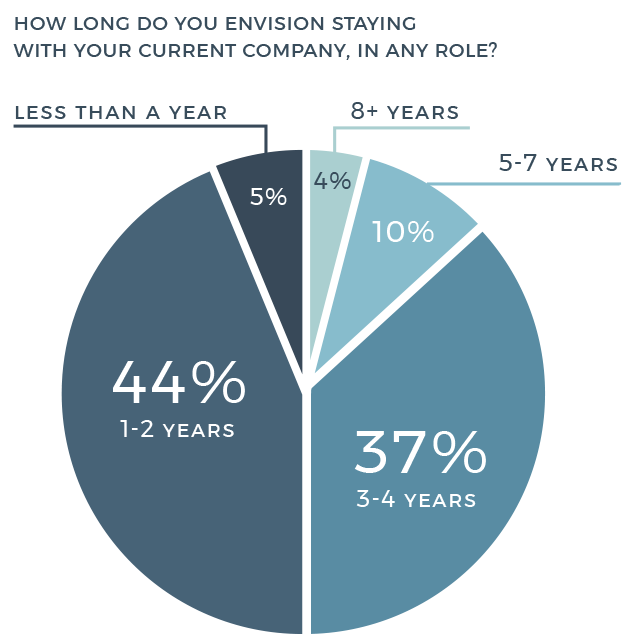
Will Gen Z be the Next Generation of Job Hoppers? Source: Ripplematch.
Experts’ Opinion on Job Hopping
As discussed above, job-hopping has its pros and cons. To get more insight into the topic, we asked Prosperity’s recruiters about their opinions.
Charles Allwood, our Senior Recruitment Consultant, approached the topic of job-hopping with a balanced perspective. He indicated a willingness to accept such transitions, provided there are valid justifications. Charles emphasised that unforeseen challenges like excessive responsibilities or difficult management could have an impact on quitting prematurely. Charles noted that if each role has been left after a short span of time, leading to a CV filled with positions carrying limited responsibilities, it would certainly raise a red flag for him.
Continuing the discussion, Shania Croke, our Recruitment Consultant, highlighted cases where candidates chose to leave shortly after starting due to unfulfilled employer promises or roles differing from the initial expectations. While occasional changes are not a major concern, Shania emphasised the value of candidates being able to clearly explain their reasons for these transitions. Charles and Shania both agreed: a string of quick, short-term roles with minimal responsibilities on a CV could invite further consideration.
Takeaways
Shifting Perception: The term "job hoppers" sees a shift due to pandemic, inflation, and tech changes, leading to more understanding from recruiters.
Benefits: Job hopping brings skillset expansion, higher compensation, and faster career progression through varied experiences.
Drawbacks: It may hinder independence, limit leadership opportunities, and raise trust concerns.
Expert Insight: Recruiters Charles Allwood and Shania Croke stress valid justifications and clear explanations for transitions.
Overall Impact: Job hopping now balances pros and cons, aligning with evolving career preferences and employer flexibility.
Prosperity
If you are seeking a job in digital, check our available roles below:
https://www.prosperity.ie/jobs
If you want to know more about the recruitment process at Prosperity get in touch!
Moreover, if you are looking for guidance on salaries, download our 2024 Salary Survey!


